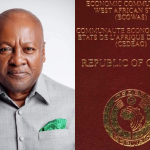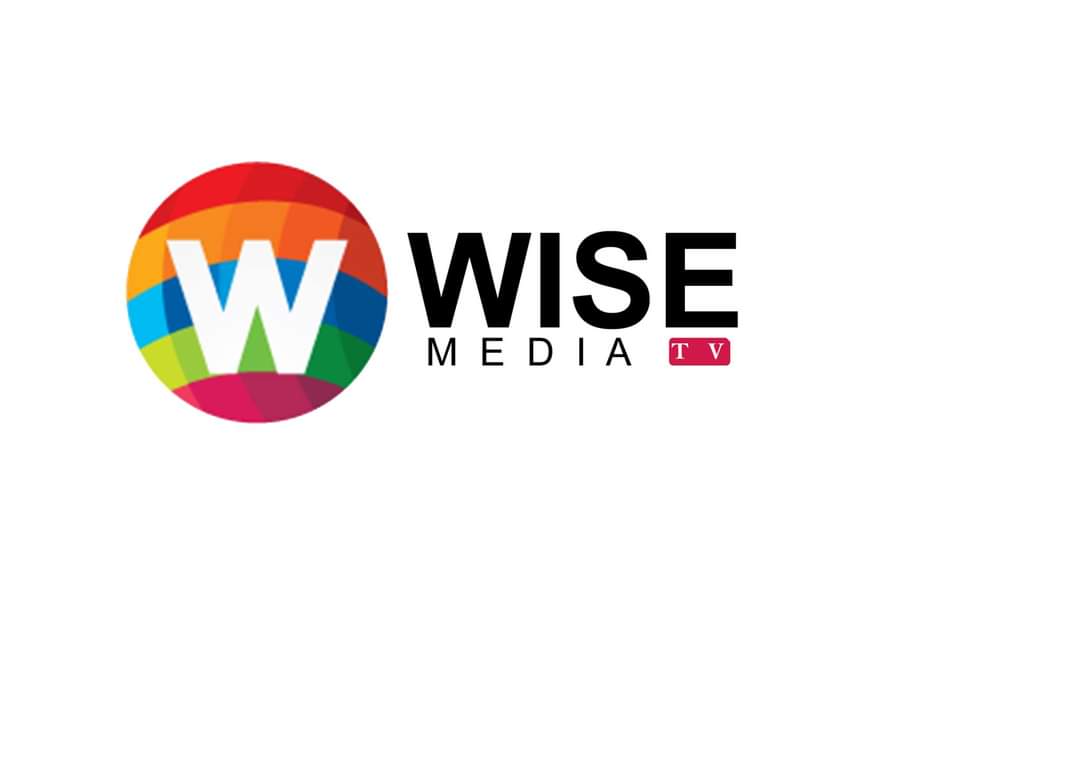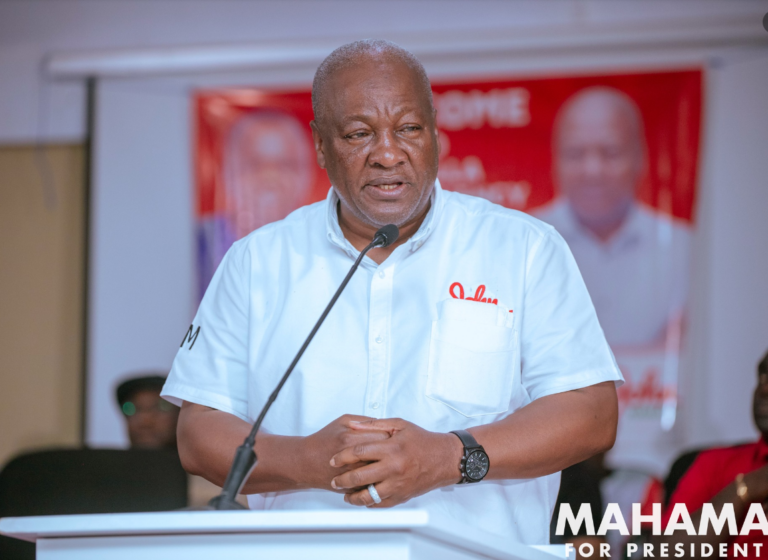President-elect, John Dramani Mahama, has reassured Ghanaians that his administration will not abandon the ongoing International Monetary Fund (IMF) programme.
In an interview with VOA on Saturday, December 14, Mr Mahama emphasized the importance of maintaining the IMF-backed economic reforms while considering potential adjustments to better align with the country’s development needs.
Acknowledging the current economic difficulties facing Ghana, Mahama pointed out that the IMF programme, which was initiated under President Akufo-Addo’s administration, had been instrumental in stabilizing the country’s economy.
“We’ve requested further discussions with the IMF, as we were not part of the negotiations for this programme. We need to ensure that we are all aligned in terms of its implementation,” Mr Mahama explained.
“We are not going to jettison the programme. Let me make that clear. We will not abandon it, but within the framework of the programme, I believe there is room for some adjustments. If we reach an agreement on those adjustments, we will continue the programme until its conclusion,” he added.
The economy will be our top priority because it impacts everything else. When the economy is in poor shape, it affects education, agriculture, sports, and every other sector of the country. Therefore, stabilizing the economy will be our foremost task,” Mahama stated.
He acknowledged that Ghana faces two major economic challenges: macroeconomic stability and debt sustainability. He noted that in previous instances of IMF engagement, the focus had been solely on macroeconomic stability, but now the country faces a dual crisis.
“Previously, when we engaged with the IMF, it was for macroeconomic stability alone, but now we have twin challenges: macroeconomic stability and debt sustainability. Therefore, we will continue with the IMF programme,” Mahama confirmed.
The $3 billion IMF deal, which Ghana entered into to support its economic recovery, includes measures aimed at reducing the country’s public debt, controlling inflation, and improving fiscal transparency.
![]()











